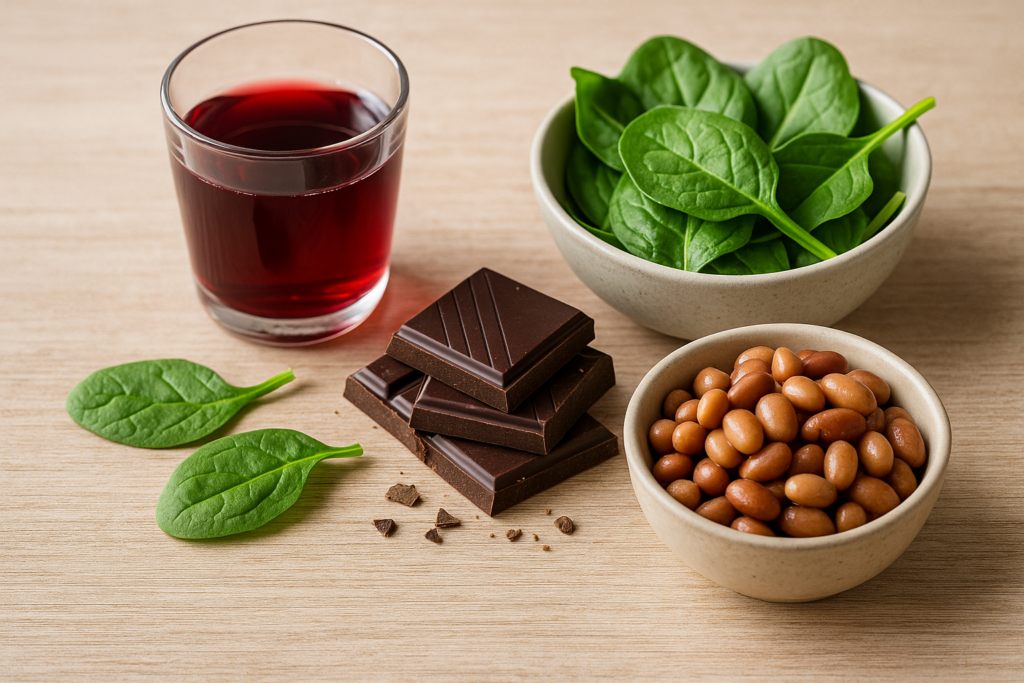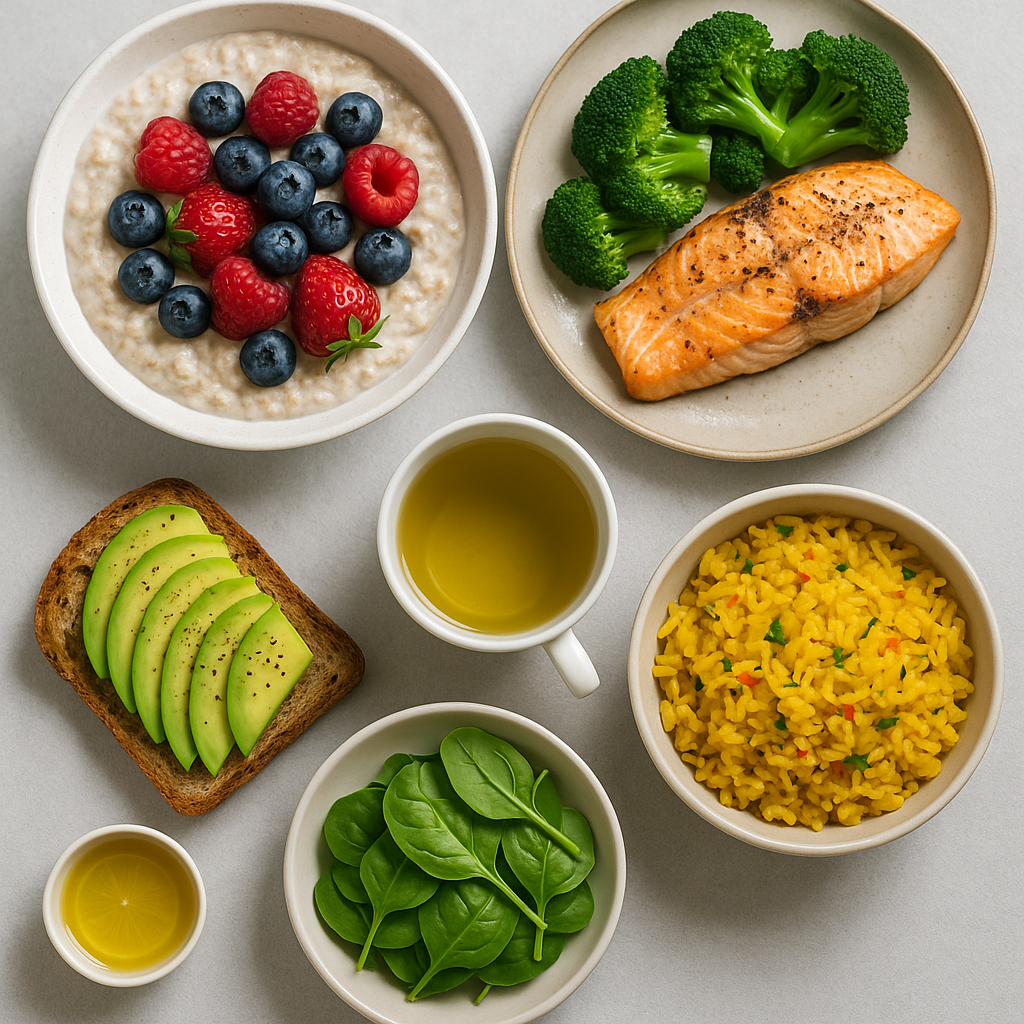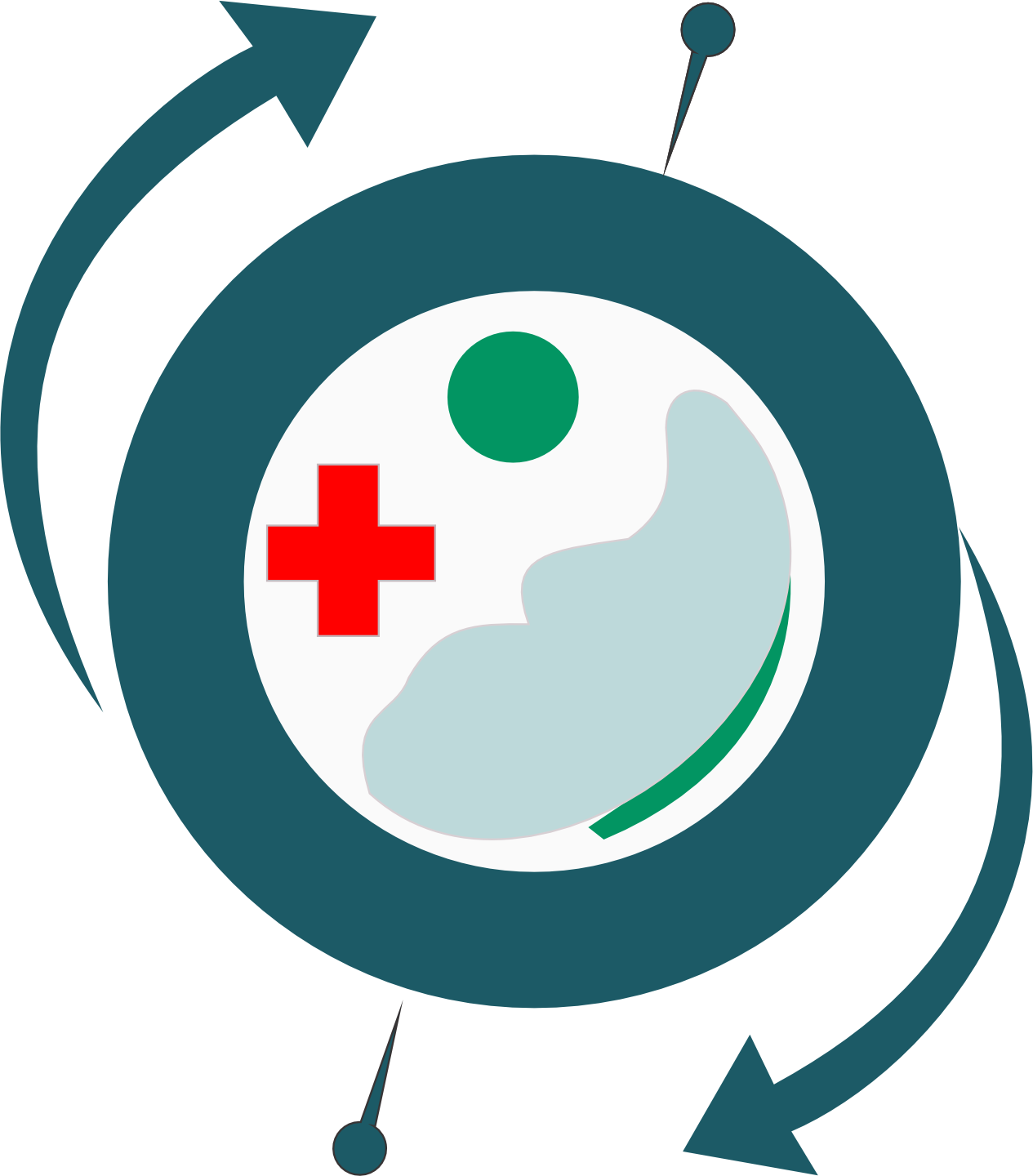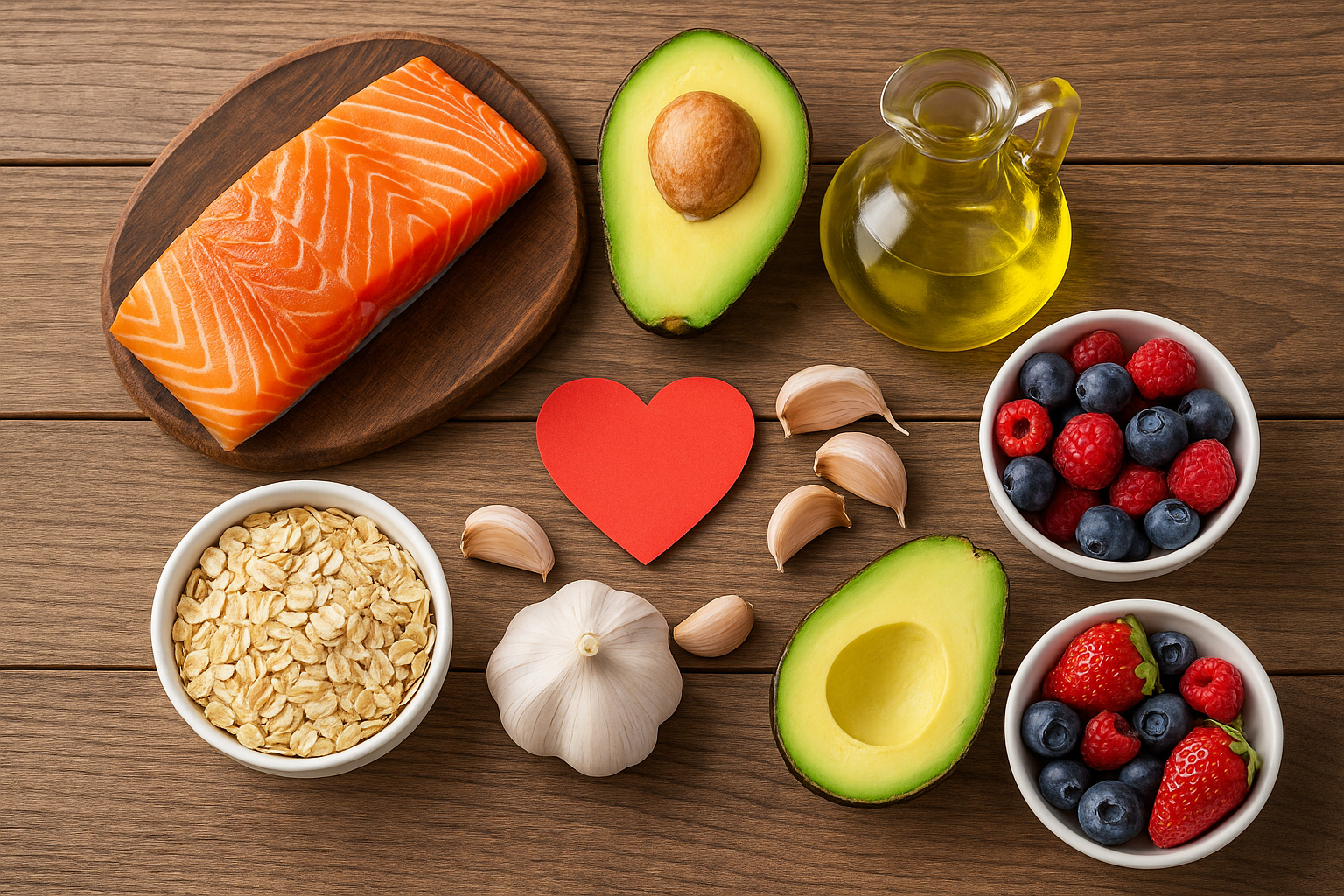Foods That Unclog Arteries: 10 Natural Options to Protect Your Heart
Maintaining healthy arteries is essential for preventing cardiovascular diseases, the leading cause of death globally. While genetics and lifestyle factors play a role, diet remains one of the most controllable aspects of heart health. The good news is that there are many foods that unclog arteries naturally, helping reduce cholesterol, inflammation, and plaque buildup.
What Are Clogged Arteries?
Clogged arteries result from a condition called atherosclerosis, where fatty deposits—mainly cholesterol—accumulate on arterial walls. This narrows the passage for blood flow, increasing the risk of heart attack, stroke, and peripheral artery disease. Atherosclerosis often begins silently, progressing over decades before symptoms emerge.
Fortunately, nutrition can play a preventative and even corrective role. Scientific research shows that several foods can reduce plaque buildup, enhance arterial flexibility, and promote better blood circulation.
How Diet Impacts Artery Health
A heart-healthy diet doesn’t just prevent artery blockage; it also reverses some of the damage. Here’s how artery-friendly foods work:
- Lower LDL (“bad”) cholesterol levels
- Increase HDL (“good”) cholesterol
- Reduce arterial inflammation
- Improve endothelial function (artery lining)
- Boost antioxidant defenses
- Promote nitric oxide production for better blood flow
The right food choices can significantly influence the development—or prevention—of arterial plaque.
10 Powerful Foods That Unclog Arteries
1. Avocados
Rich in monounsaturated fats, avocados reduce LDL cholesterol and raise HDL. They also offer potassium and antioxidants that fight oxidative stress—a key factor in arterial damage.
2. Salmon
A top source of omega-3 fatty acids, salmon helps lower blood triglycerides, reduce inflammation, and improve artery elasticity. Omega-3s also help prevent plaque rupture, a major cause of heart attacks.
3. Extra Virgin Olive Oil
Olive oil, especially extra virgin, contains polyphenols and healthy fats that reduce blood pressure and inflammation. Its daily use is a staple in Mediterranean diets linked to low heart disease rates.
4. Nuts and Seeds
Almonds, walnuts, flaxseeds, and chia seeds provide healthy fats, plant sterols, and fiber. They help reduce cholesterol absorption and support nitric oxide production, improving vessel dilation.
5. Oats
Oats are a fiber-rich grain, particularly high in beta-glucans. This soluble fiber binds to cholesterol in the digestive tract, removing it before it enters the bloodstream.
6. Berries
Berries like blueberries, raspberries, and strawberries contain anthocyanins and flavonoids—powerful antioxidants that prevent cholesterol oxidation and support vascular health.
7. Broccoli
Cruciferous vegetables like broccoli are rich in sulforaphane and vitamin K. These compounds lower oxidative stress, reduce inflammation, and prevent calcium buildup in arteries.
8. Garlic
Garlic’s active ingredient, allicin, enhances nitric oxide production and reduces blood pressure. It’s been shown in studies to slow arterial plaque progression and improve blood circulation.
9. Turmeric
Turmeric contains curcumin, which has anti-inflammatory and antioxidant effects. It reduces oxidative stress and arterial inflammation, both critical factors in atherosclerosis.
10. Green Tea
Green tea is packed with catechins, known for lowering LDL cholesterol and improving artery function. Drinking it regularly supports weight management and overall cardiovascular health.
Bonus Foods Worth Including

- Pomegranate juice: Rich in antioxidants that help reduce plaque and blood pressure.
- Dark chocolate (in moderation): Flavonoids improve circulation and reduce inflammation.
- Spinach: High in nitrates that convert to nitric oxide, supporting vascular dilation.
- Beans: Rich in fiber and plant protein, effective in lowering cholesterol.
Weekly Meal Plan to Support Arterial Health

Monday
Breakfast: Oatmeal with berries and flaxseed
Lunch: Grilled salmon with broccoli and olive oil
Dinner: Brown rice with turmeric-seasoned vegetables
Tuesday
Breakfast: Avocado toast on whole-grain bread
Snack: Green tea and almonds
Dinner: Stir-fried tofu with garlic and spinach
Wednesday
Breakfast: Greek yogurt with berries and chia seeds
Lunch: Quinoa salad with olive oil and walnuts
Dinner: Baked cod with turmeric and steamed broccoli
Thursday
Breakfast: Smoothie with turmeric, spinach, banana, and oat milk
Lunch: Chickpea salad with garlic and avocado
Dinner: Lentil soup with olive oil drizzle
Friday
Breakfast: Whole grain toast with nut butter and banana
Snack: Green tea and pomegranate juice
Dinner: Grilled chicken with quinoa and broccoli
Myths and Facts About Artery-Cleansing Foods
Myth: Only medication can reduce arterial plaque.
Fact: Diet and lifestyle changes have been proven to significantly reduce arterial damage and even reverse early plaque buildup.
Myth: All fats clog arteries.
Fact: Healthy fats from avocados, olive oil, and nuts actually help protect arteries and improve cholesterol levels.
Myth: You need supplements to unclog arteries.
Fact: Most nutrients needed for arterial health can be found in a balanced diet focused on natural whole foods.
Scientific Support
Numerous studies support the idea that certain foods can improve arterial function and reduce plaque:
- A 2015 study in Circulation showed that a Mediterranean diet reduced the risk of cardiovascular events by up to 30%.
- A 2017 review in Nutrients confirmed that fiber-rich foods like oats and legumes reduce LDL cholesterol.
- Research from The American Journal of Clinical Nutrition found that garlic supplementation improved blood pressure and slowed plaque buildup.
Lifestyle Also Matters
- Exercise regularly (at least 150 minutes per week)
- Quit smoking and avoid secondhand smoke
- Limit alcohol intake
- Control stress through mindfulness, therapy, or hobbies
- Monitor blood pressure and cholesterol levels regularly
Together with a nutrient-rich diet based on foods that unclog arteries, these steps form a complete preventive strategy.
Conclusion
A diet rich in foods that unclog arteries is not just beneficial—it’s life-saving. These foods help restore arterial flexibility, reduce inflammation, and protect against heart attacks and strokes.
You don’t need extreme diets or expensive supplements. You need smart, consistent choices grounded in natural, unprocessed food. Start today with what’s on your plate, and your heart will thank you for decades.
Further Reading
Want to better monitor your heart health?
Read: How to Measure Blood Pressure at Home Correctly
Preventing muscle loss also supports cardiovascular strength.
Check out: Muscle Loss Prevention: Essential Guide
External Resource
For evidence-based nutrition and heart health tips:
American Heart Association – Healthy Eating for a Healthy Heart


No responses yet